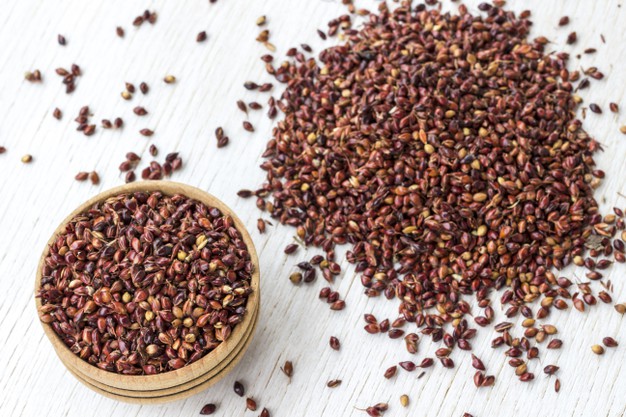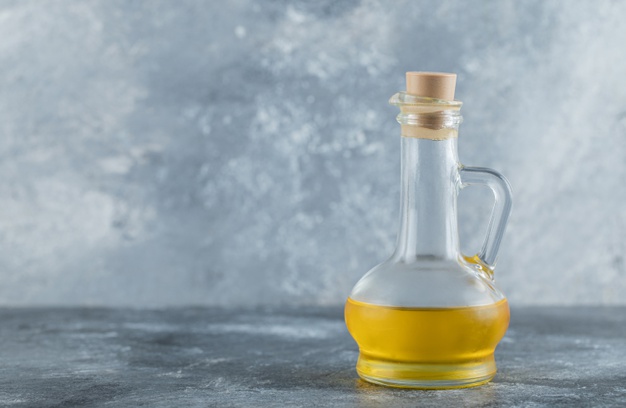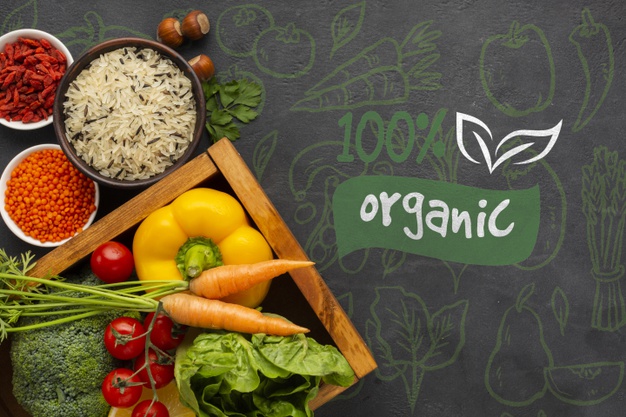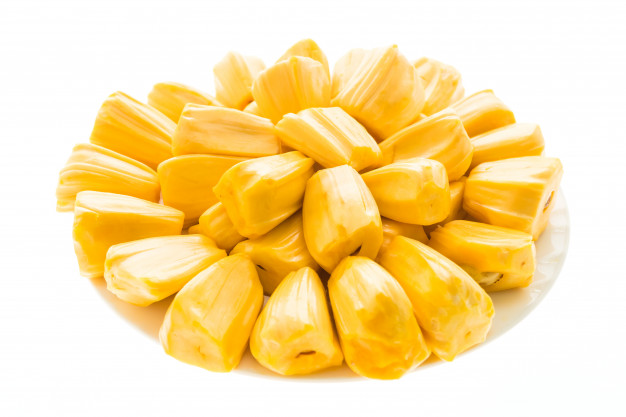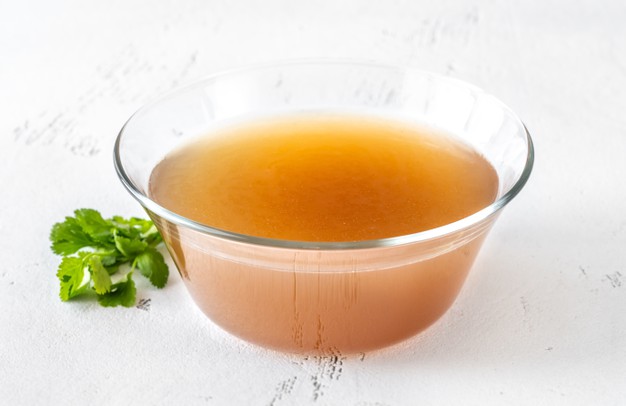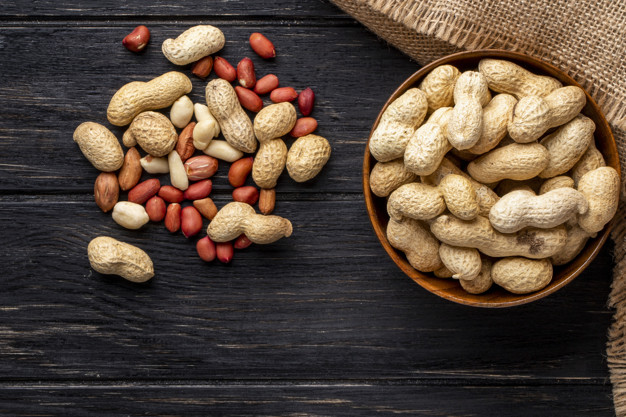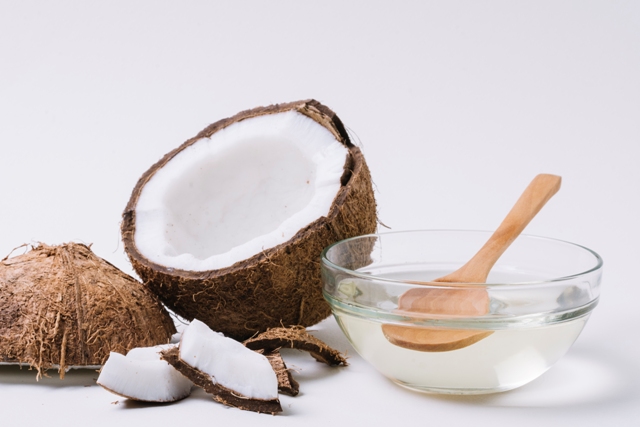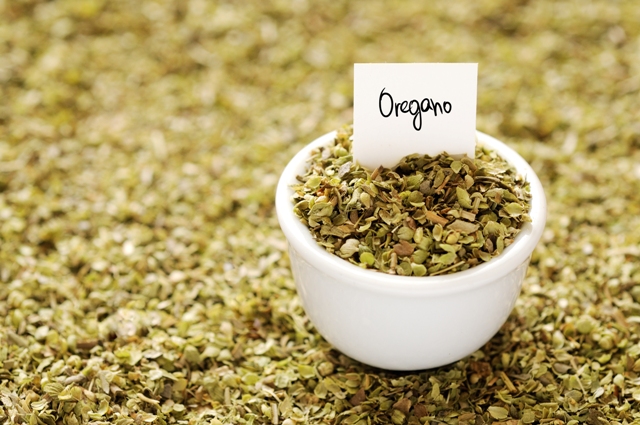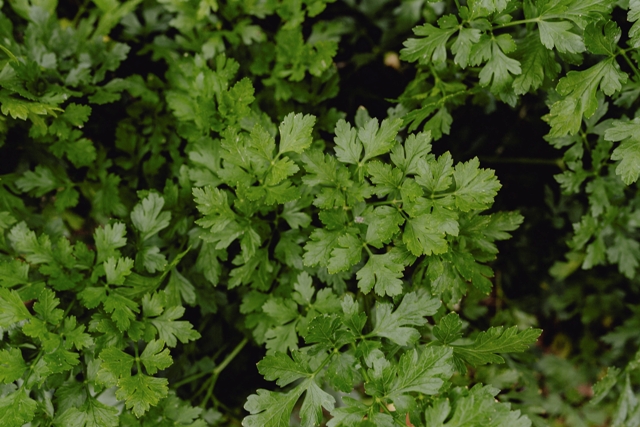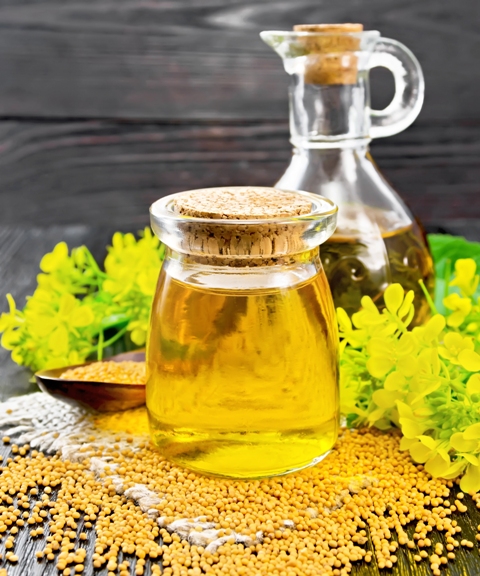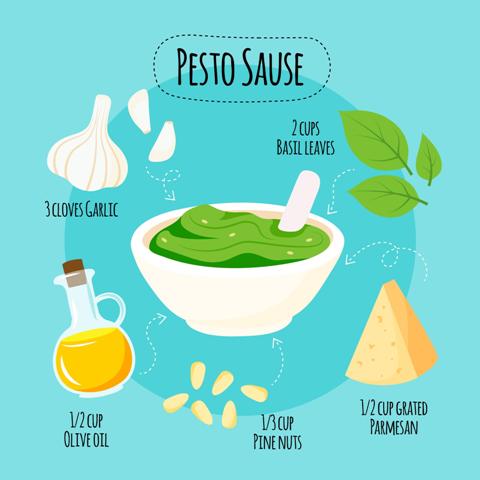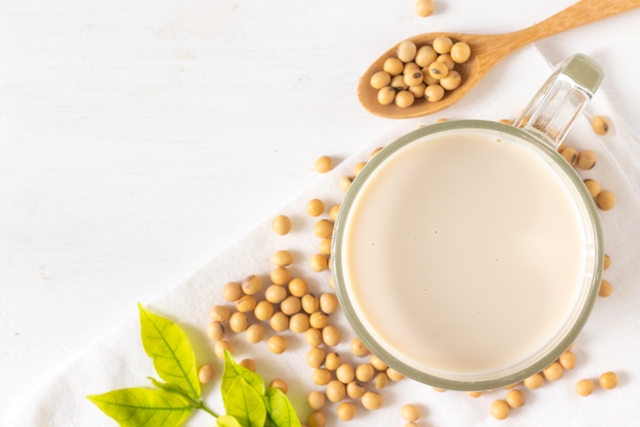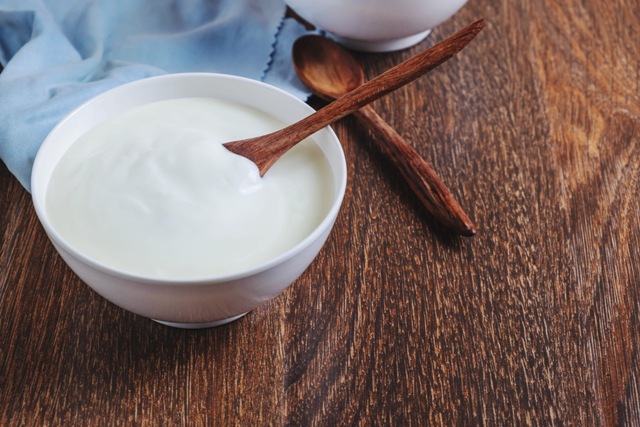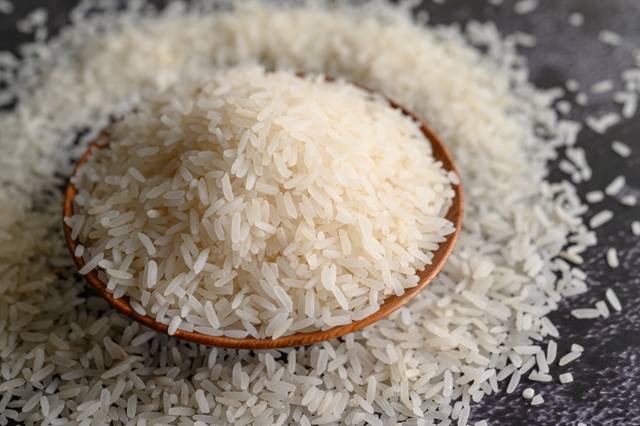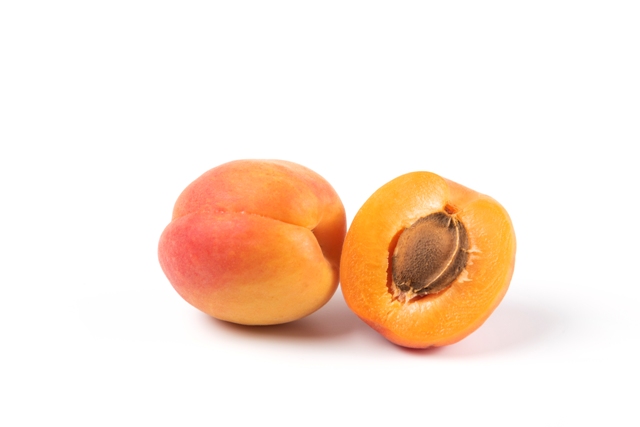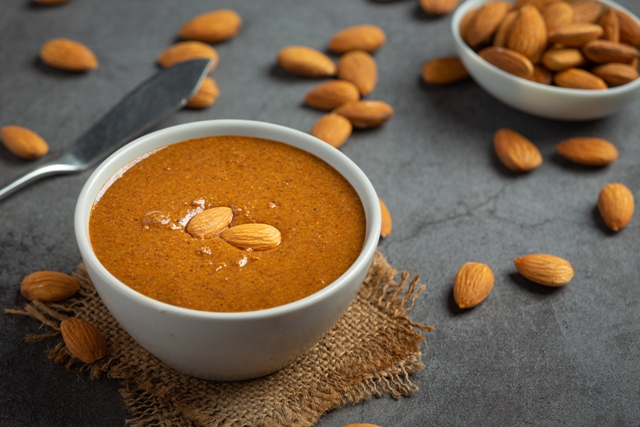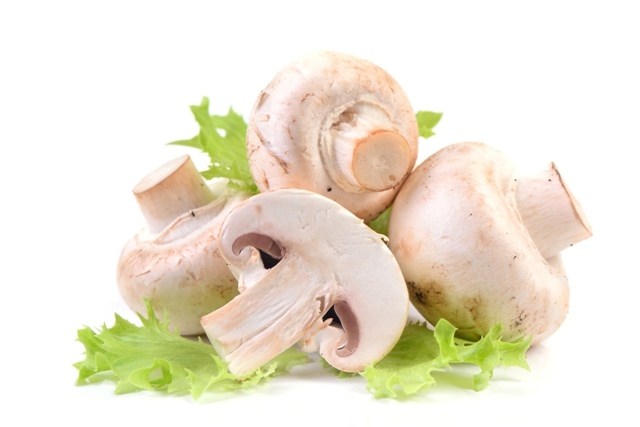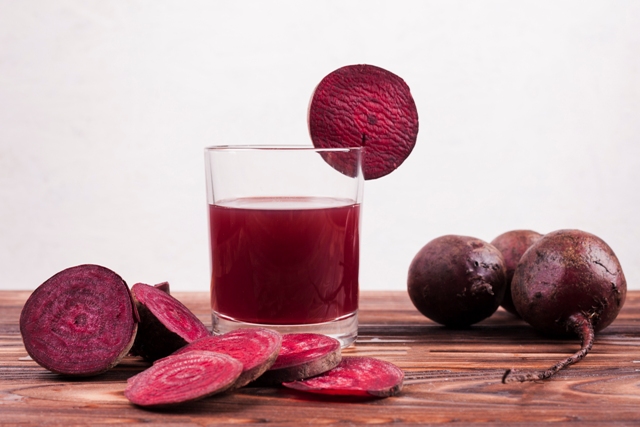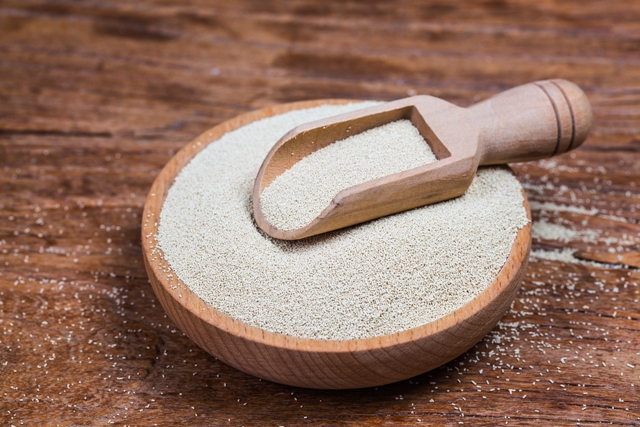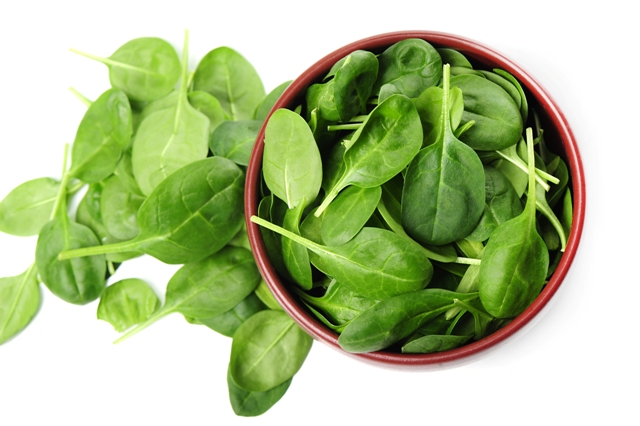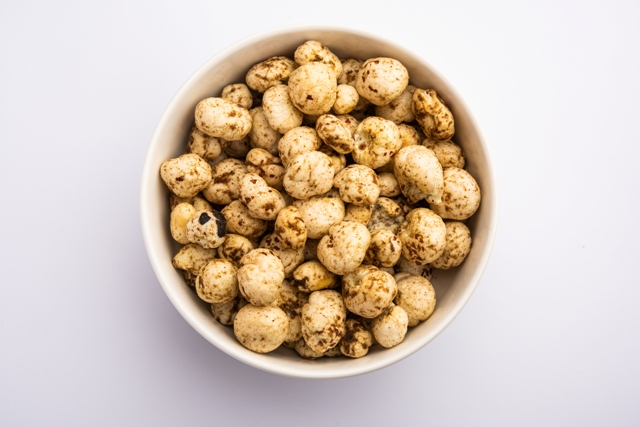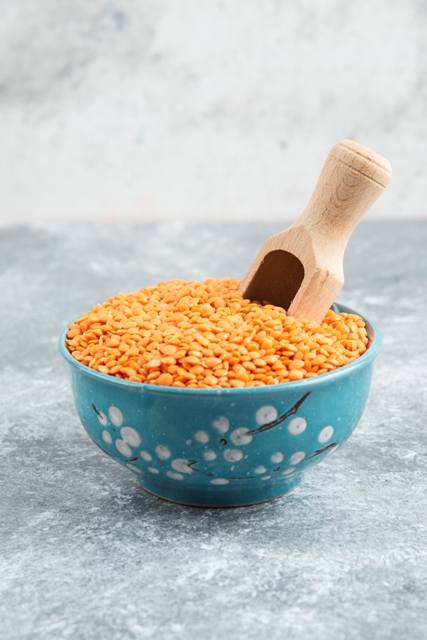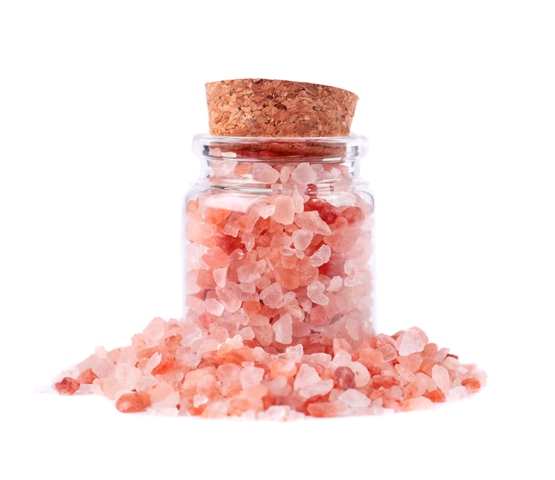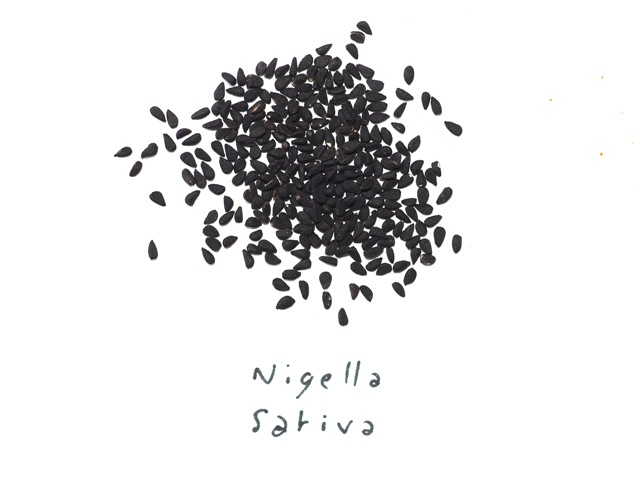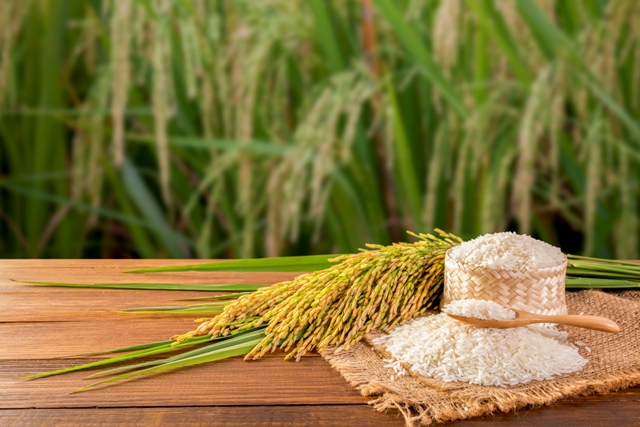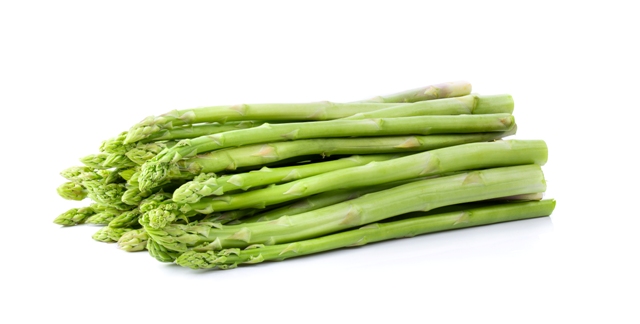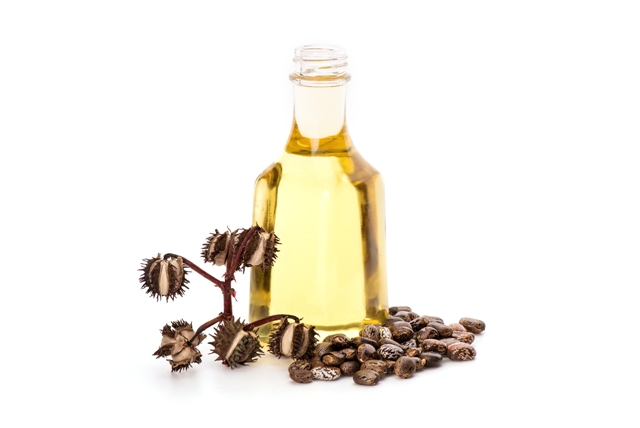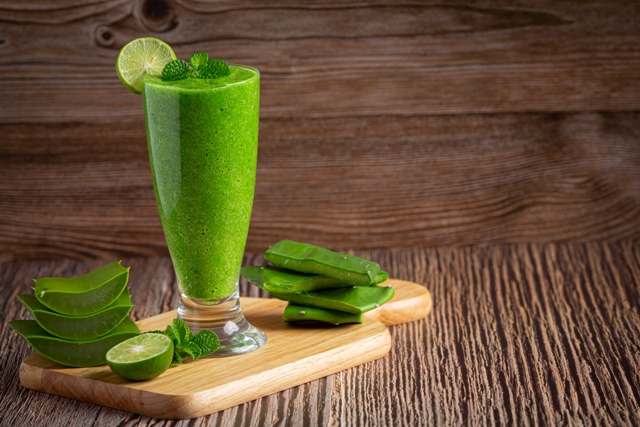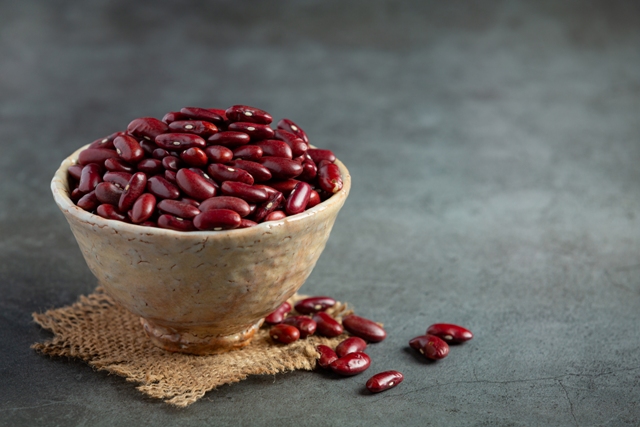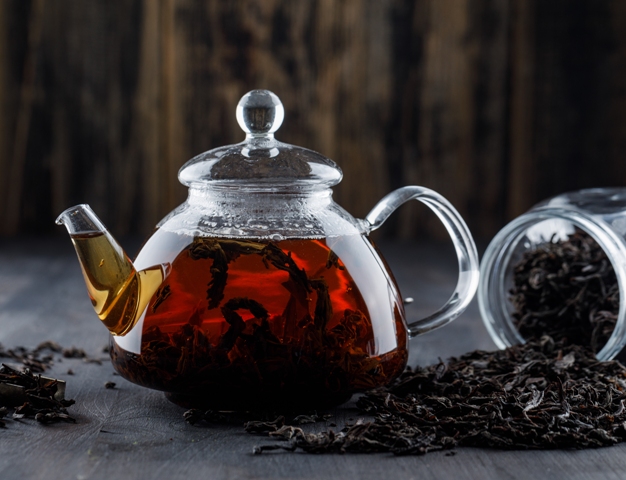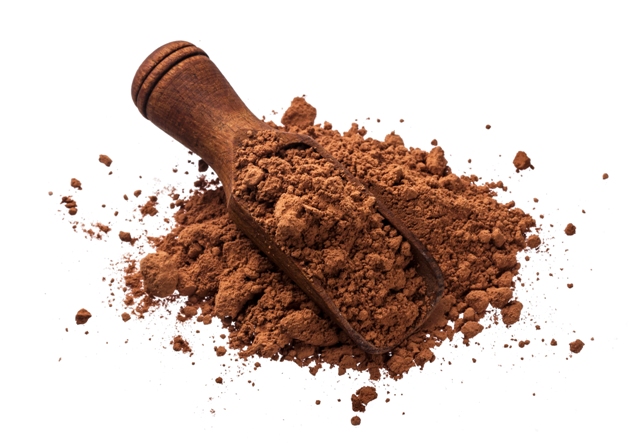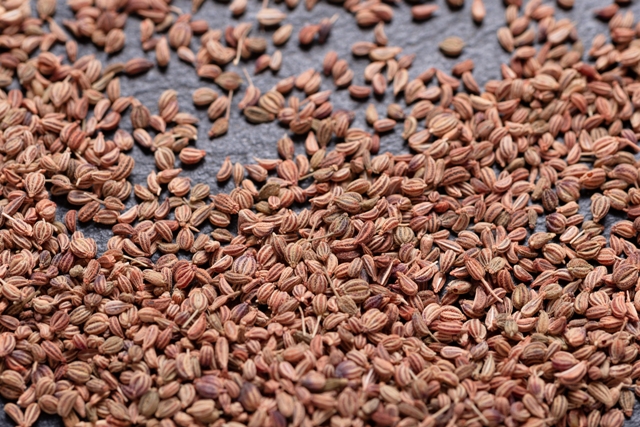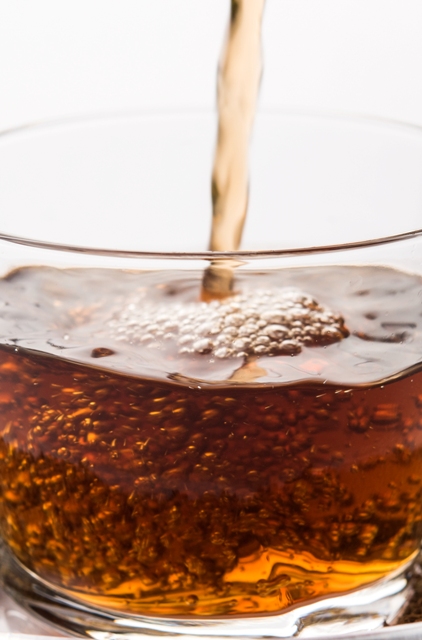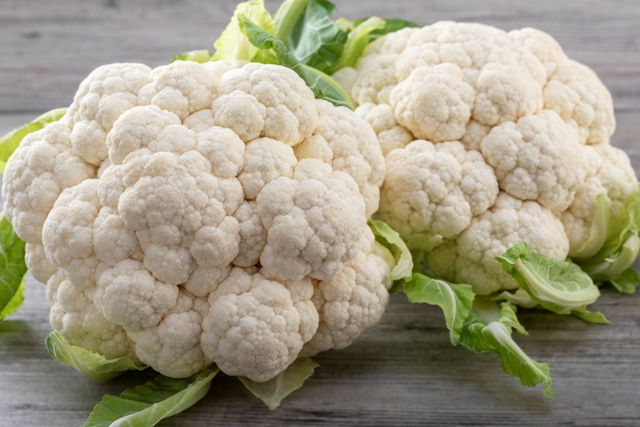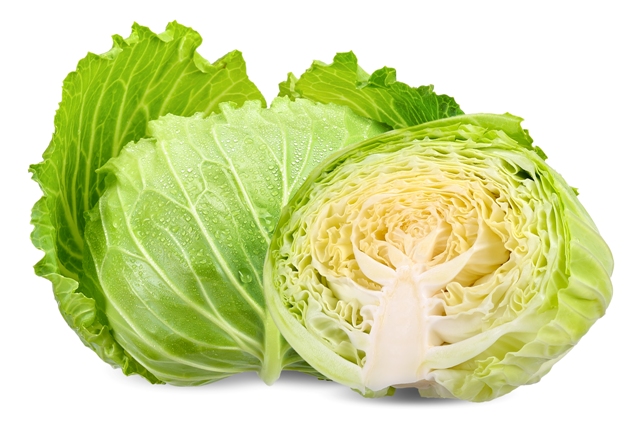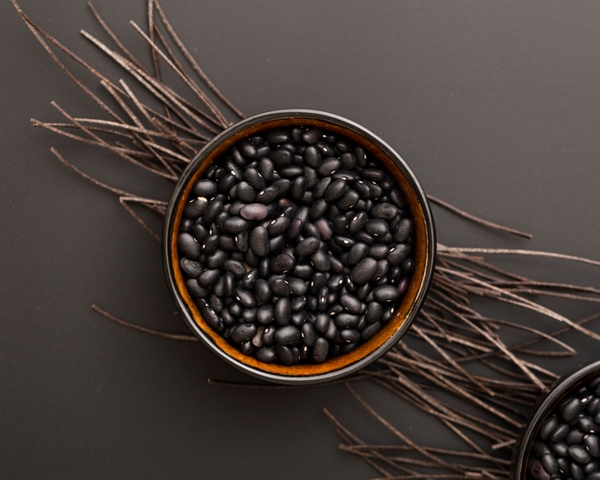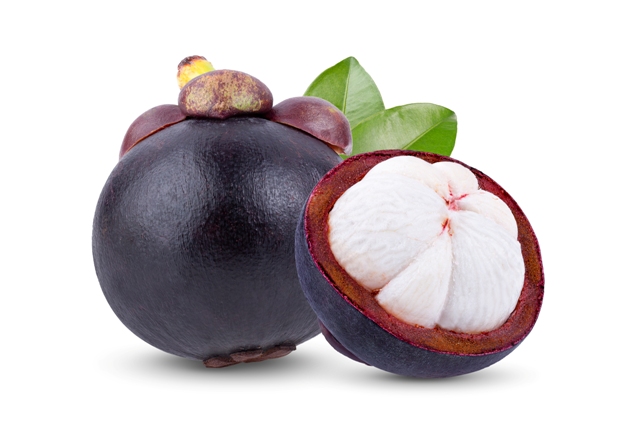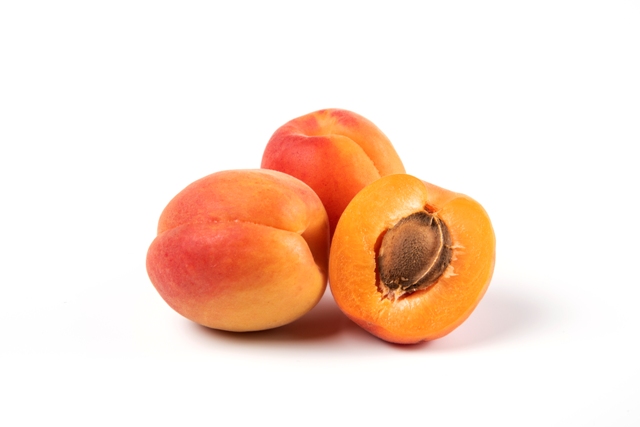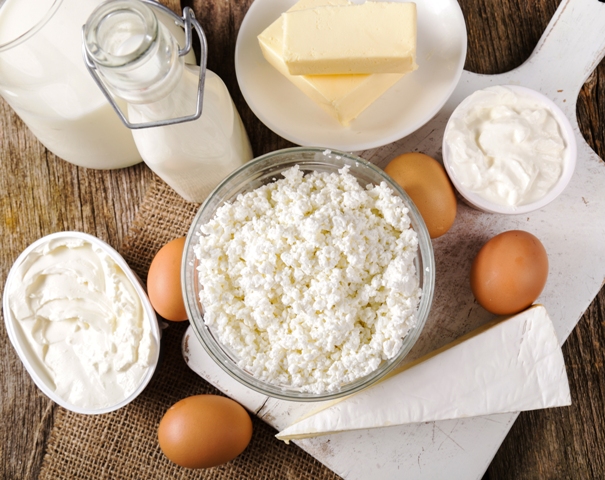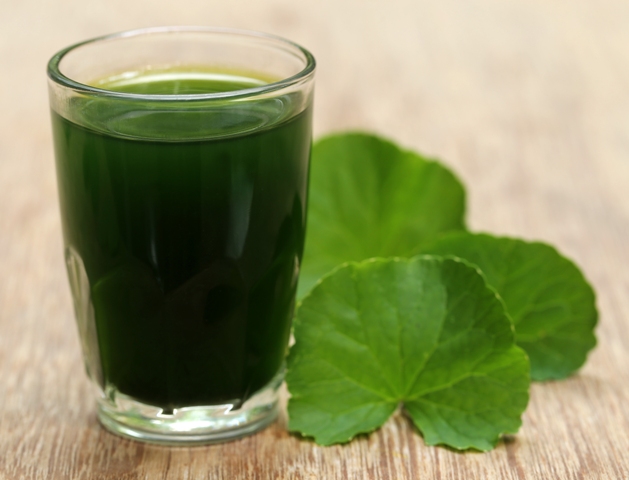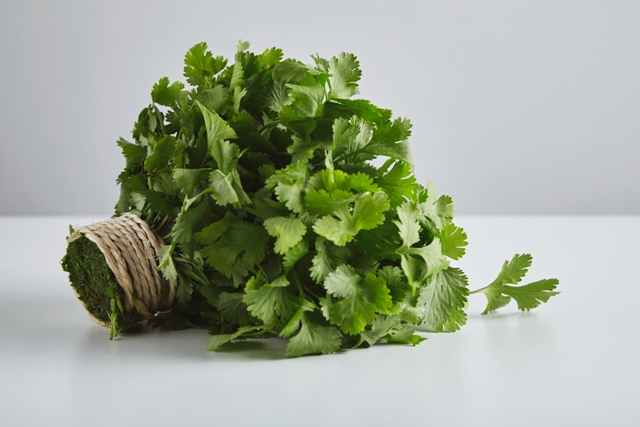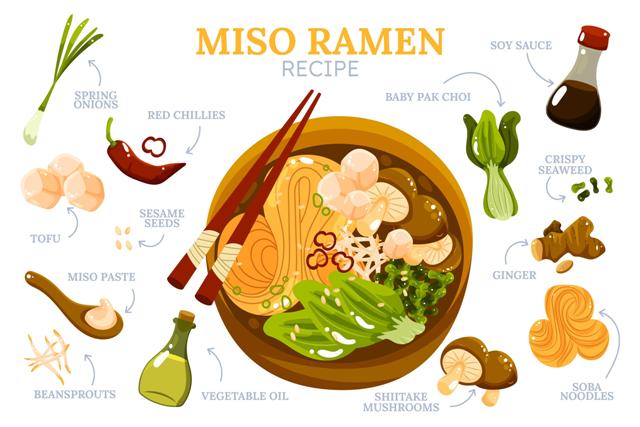Salsa, its nutritional composition, biological activity, health benefits, culinary uses and risk factors
Description : Salsa is a low calorie condiment, widely used for Mexican-American and Mexican foods. It has been
Article Details :
Salsa is a low calorie condiment, widely used for Mexican-American and Mexican foods. It has been traditionally used as dips for tortilla chips as well. It is mainly prepared by combining tomatoes, chilies, avocadoes, spices and lemon juice and has been extensively used for various therapeutic and culinary purposes.
Nutritional profile
- It contains lesser amount of carbohydrates thus it is considered as a low glycemic food
- It contains desirable amount of fibres
- It contains too some extent of proteins
- It is considered as a low fat food. It contains lesser amount of both saturated and unsaturated fatty acids
- It contains several vitamins that play numerous imperative biological functions like its Vitamin A component is responsible for improving eye health. Its Vitamin C component plays imperative role in stimulating the production of collagen, WBC etc. It also acts as antioxidant. Its Vitamin K component is also very effective for strengthening skeletal health and it also helps in blood coagulation. It is also packed with B vitamins that play vital role in boosting up the overall metabolism
- It is loaded with numerous important trace elements as well, which include calcium, phosphorus, sodium, potassium, magnesium and iron
Biologically active plant compounds
It contains various important biologically active components, which offer several health benefits like –
- Beta carotene – it exerts antioxidant activity and also plays significant role in improving Vitamin A status in body as it is converted into Vitamin A in body and promotes eye health
- Lycopene – it is basically a pigment, which is responsible for imparting colour especially red colour and it is mainly present in tomato, which is considered as one of the most important ingredients of salsa. Whereas it exhibits antioxidant activity as well
- Chlorogenic acid – it acts as a strong antioxidant and also plays significant role in preventing hypertension
- Naringenin – it is a flavonoid, it is responsible for exerting antioxidant and anti-inflammatory activities

Biological activity
Antioxidant activity
- It is loaded with micronutrients and several biologically important plant components, all of which are accountable for exerting antioxidant activities
- It plays significant role in decreasing the concentration of free radicals in body, which ultimately helps to reduce oxidative stress as a result, lowers the risk of developing chronic diseases in many folds
- It is also associated with reducing the concentration of reactive oxygen species and protects the body from their harmful effects
- It protects the body from the detrimental effects of lipid peroxidation too
- It is also related with protecting every important biological substances of body from oxidative damages thus help in sustaining their activity
Anti-carcinogenic activity
- It contains various important biologically active substances that exhibit anti-carcinogenic activities, among which lycopene is considered as the most vital anti-carcinogenic component
- Another important feature of salsa on cancer prevention is focused on its oxidative stress reducing activity. We know that oxidative stress is recognized as one of the most leading causes of carcinoma and as salsa helps to decrease oxidative stress thus its consumption is thought to be linked with lowering the risk of developing cancers
- It is extremely effective for decreasing the prevalence of stomach, prostate, lung, intestinal and urinary cancer
Health benefits
Role on immunity
- It plays significant role in boosting up the overall immunity of body as it contains numerous immune boosting nutrients
- Its Vitamin C component is responsible for stimulating the production of WBC, which helps the body to fight against infections. Whereas Vitamin C found in salsa is also associated with enhancing the synthesis of collagen that helps to promote the health as well as the activity of connective tissue and also accelerates wound healing process
- Its antioxidant activity is also related with protecting every immune cell from oxidative damages as a result helps in sustaining their activity, which subsequently improves body’s resistance power
Role on lipolysis
- Consumption of salsa helps to facilitate weight reduction, as it contains various important components like capsaicin, jalapeños etc that stimulates fat breakdown
- It is also associated with enhancing the catabolic rate of body. Moreover its consumption is very effective for maintaining a healthy body weight as it reduces the risk of gaining weight
- It helps to decrease the volume of fatty tissue in body, which plays significant role in reducing the prevalence of visceral obesity
- It also helps in decreasing accumulation of fat within body, which eventually reduces Read more



